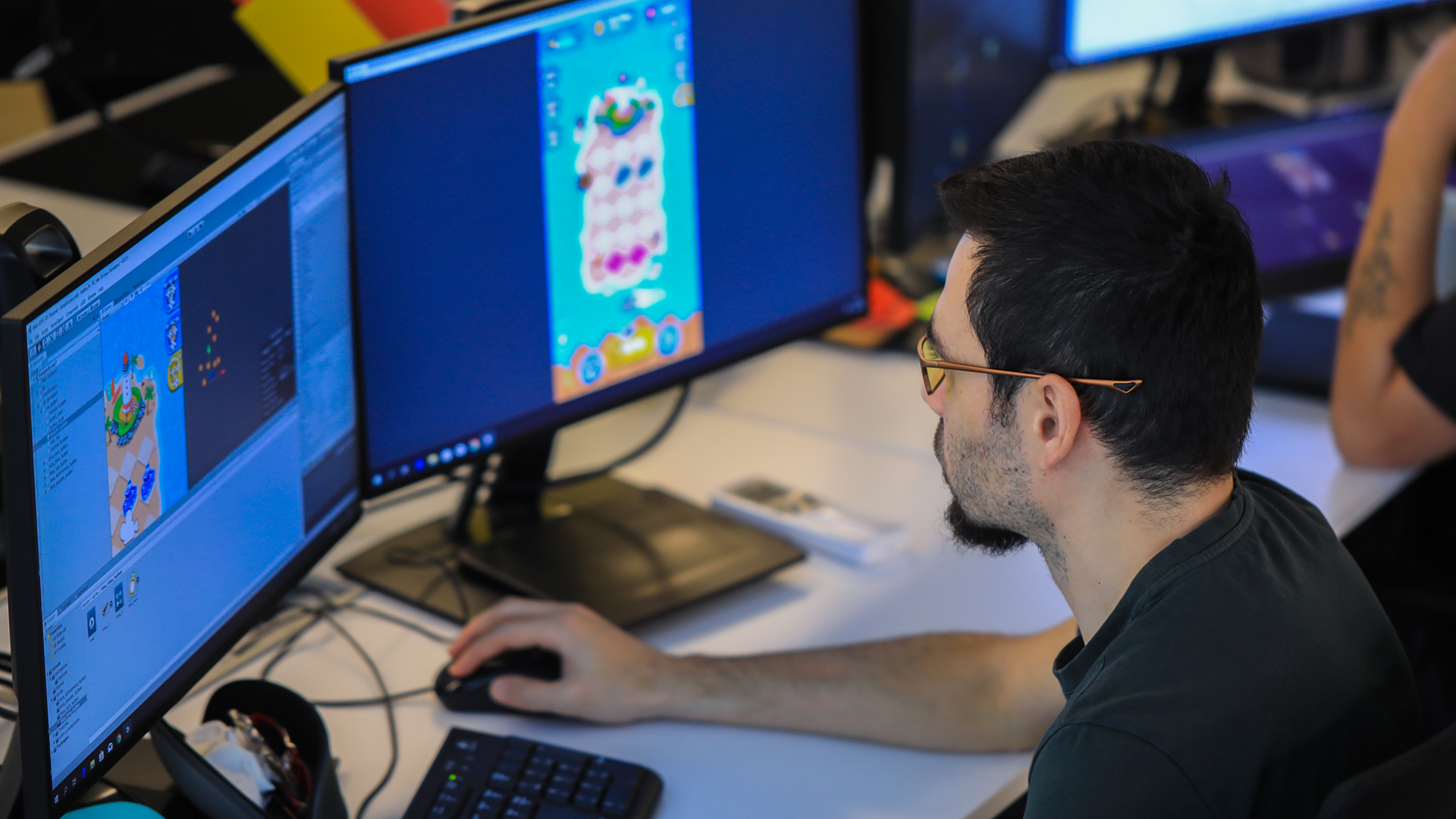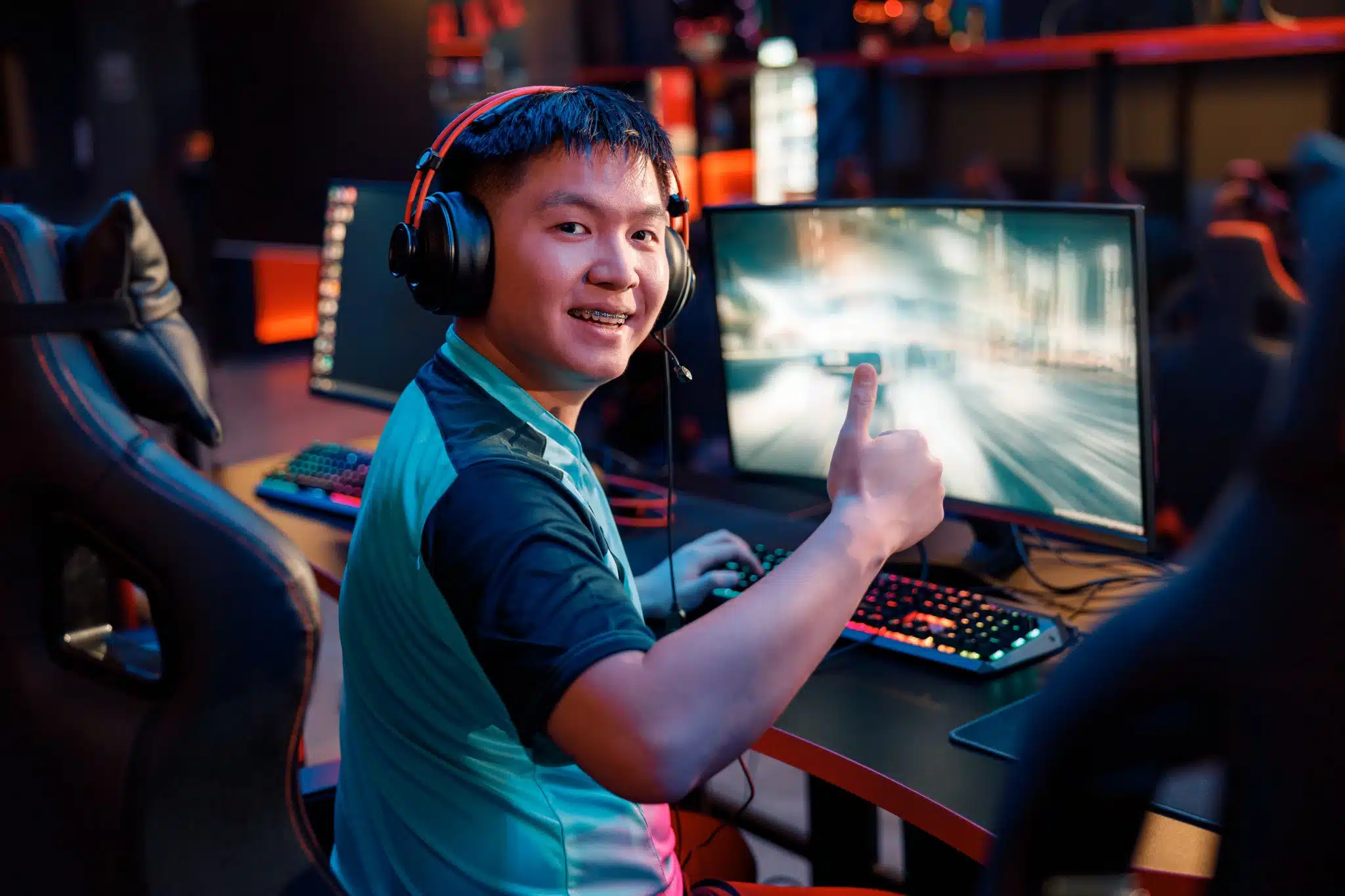The Strategy Behind Every Great Game
By Alex@PC╺
- PS4
- PS5
- XBox One
- Series X
- PC
Every great game, whether it’s played on a screen or a field, has one thing in common: strategy. It’s not always about strength, speed, or chance. The real secret lies in the choices players make, the timing of their moves, and how well they read the situation.
Great players aren’t just reacting; they’re thinking ahead, planning for what’s next. Strategy transforms simple games into unforgettable experiences, turning quick decisions into long-term victories.
Whether it’s chess, sports, or digital competitions, the smartest move is usually the one that comes from preparation, patience, and a little bit of instinct.

Thinking Three Steps Ahead
Strategy means looking beyond what’s happening right now. It’s about predicting the next few moves and setting yourself up for success. Think of a basketball player planning a pass before the defense even notices, or a chess master who can see the checkmate coming ten turns away.
The best players balance logic with creativity. They know when to follow a plan and when to take risks. Every action has consequences, and learning to anticipate them separates casual players from true strategists. Great gameplay isn’t random; it’s calculated brilliance disguised as fun.
The Role of Mind Games
In many competitive settings, psychological strategy can be just as powerful as physical skill. Confidence, patience, and unpredictability can throw opponents off balance. A great player knows how to read people, their habits, reactions, and tells, and use that information to their advantage.
Poker is a classic example: it’s less about the cards and more about the mind behind them. Learning to stay calm, make smart reads, and maintain composure under pressure often decides the winner. In the end, mastering the mind is the first step toward mastering the game.
Learning Through Play

Strategy grows with experience, and games are the perfect teachers. Every loss, mistake, or near-win adds a new layer of understanding. This learning process doesn’t just apply to traditional board or video games; it extends to modern digital spaces too.
People challenge themselves in trivia apps, puzzle games, and even casual gaming platforms. For instance, some players test their decision-making skills when they play blackjack online, while others prefer esports, fantasy leagues, or cooperative team games. Each of these experiences sharpens strategic thinking, showing how fun and focus can work hand in hand.
Balance, Timing, and Adaptation
No strategy works forever. What separates great players from the rest is their ability to adapt. When something changes, whether it’s an unexpected twist in a storyline, a new rule, or a skilled opponent, adjusting quickly can turn a loss into a comeback.
Good strategy isn’t rigid; it’s flexible. Timing also plays a huge role. Knowing when to act, when to wait, and when to take risks can make or break a game. The balance between patience and boldness is what keeps every round exciting and every win satisfying.
The Art of the Smart Move
Every great game is a blend of creativity, logic, and intuition. Strategy isn’t just about winning; it’s about understanding the challenge, reading the moment, and making decisions that feel rewarding. Games teach valuable lessons about thinking ahead, staying calm, and learning from mistakes.
Whether you’re solving puzzles, planning a team play, or outsmarting digital opponents, strategy transforms play into something deeper.
Behind every great game lies a great thinker, quietly turning fun into mastery, and that’s what keeps players coming back, round after round.
